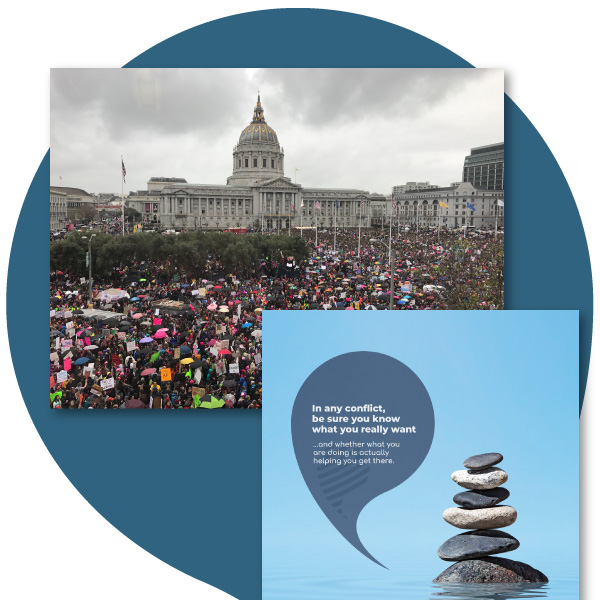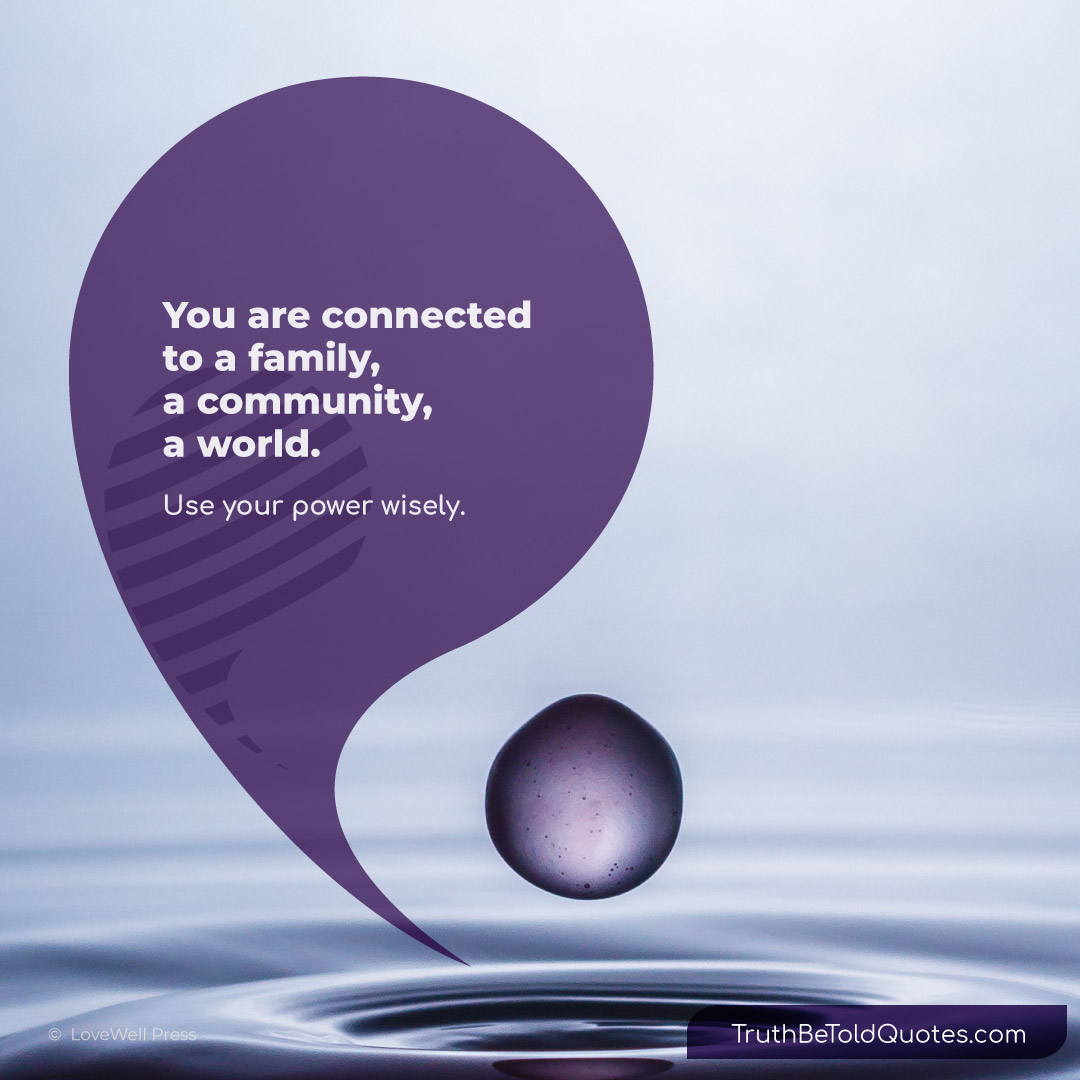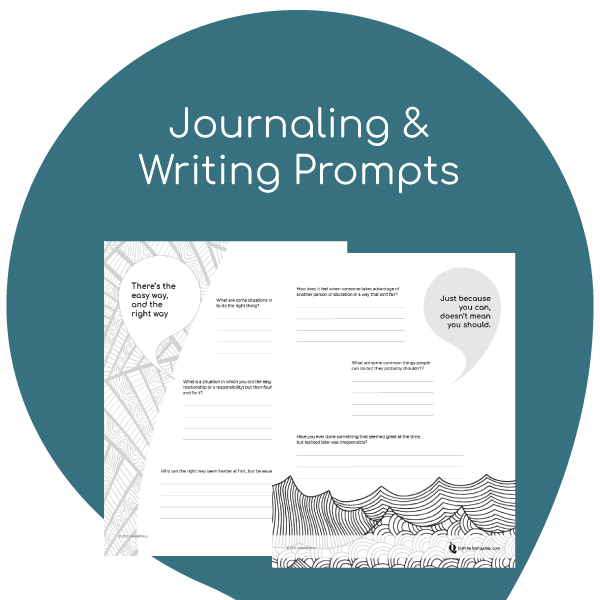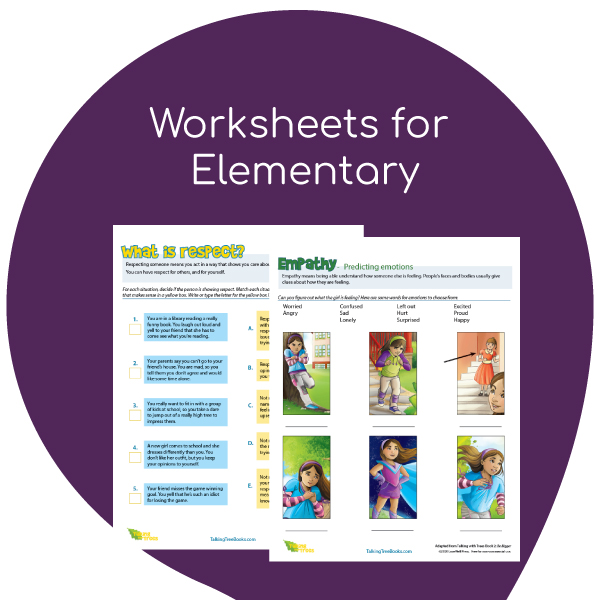
Conflict Resolution Skills-- Historical Context
High School Social Emotional Learning Activity

Protest and Conflict Resolution from an Historical Perspective
Objective
Examine healthy ways of having conflict in society, discussing opposing views, and protesting with a purpose.
Grade Level
High School, Middle School
Health / Social Emotional Topics
- History and Social Change
- Conflict resolution
- Setting boundaries
- Communication skills
Resources
Quotes and Teaching Notes
Procedures
Today, teens see or experience conflict daily between groups with different opinions, between societies and their governments, in social media exchanges-- it's everywhere. What are some effective ways of resolving conflict in society?
Using the quote "In any conflict, be sure you know what you really want, and whether what you are doing is really helping you get there," discuss different forms of interaction and conflict resolution in society. Determine which conflict resolution techniques are more effective and healthier.
1. Review the full teaching notes for the quote.
2. Consider different forms or examples of public protest or expressing discontent with society throughout history (For example: peaceful protest, boycotts, social media shaming, marches, strikes, rioting, occupy movements.) Which methods or events were most effective at causing change? Why or why not?
3. Social media plays a role in conflict, protest and expressions of discontent today. In which ways is social media helpful, and in which ways does social media inflame conflict? Consider the role of social media in criticizing others, in conflict between friends, as well as enabling protest groups.
Examples of protests / activists: Martin Luther King, Students at Parkland HS, Charlottesville Virginia, Black Lives Matter, #BoycottStarbucks, West Virgina Teacher Strikes, Kent State, Hong Kong Protests, Tiananmen Square Protests, Greta Thunberg, Women's Suffrage, Arab Spring
Resources on protest movements and social media conflict:
- Social Media is the new heart of political protests
- Vince Vaughn receives social media flak
- Are we at Peak Boycott?
- Unfriending Trump supporters is just another example of how we isolate ourselves online
- 9 Social Media Uprisings that sought to change the world in 2011
- 7 Times in History when people protested and things changed.
- Top 10 American Protest Movements
- America’s Most Destructive Riots of All Time




